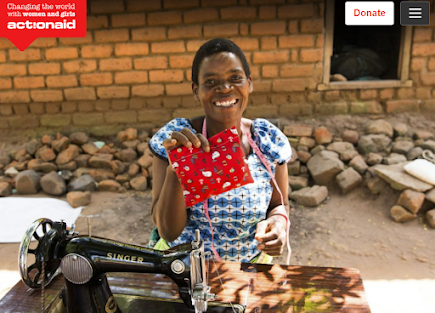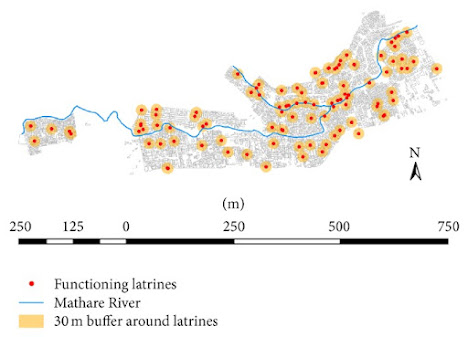Menstruation - a hope for the future?

My last blog looked at Women and the WASH sector, and this blog will follow on, by focusing on one aspect – menstruation – offering some hope for the future by tackling period poverty. Menstrual hygiene management (MHM) can prove challenging for women and girls in low-income countries, where there is a lack of money and access to menstrual hygiene products (MHPs) as well as inadequate sanitation conditions to deal with their menses. Menstruation is a private matter that is rendered public, and hence there is a taboo that comes with it. This provides challenges for talking about it, and implementing change. Improving MHM starts with safe access to water and sanitation systems . Adequate MHM at school for girls can reduce absence, increase concentration in class and lead to better life outcomes for themselves . Without this, girls worry over public bleeding, having a private place to manage their menses and having a place to dispose of MHPs (as described by one girl ‘ where will we d
